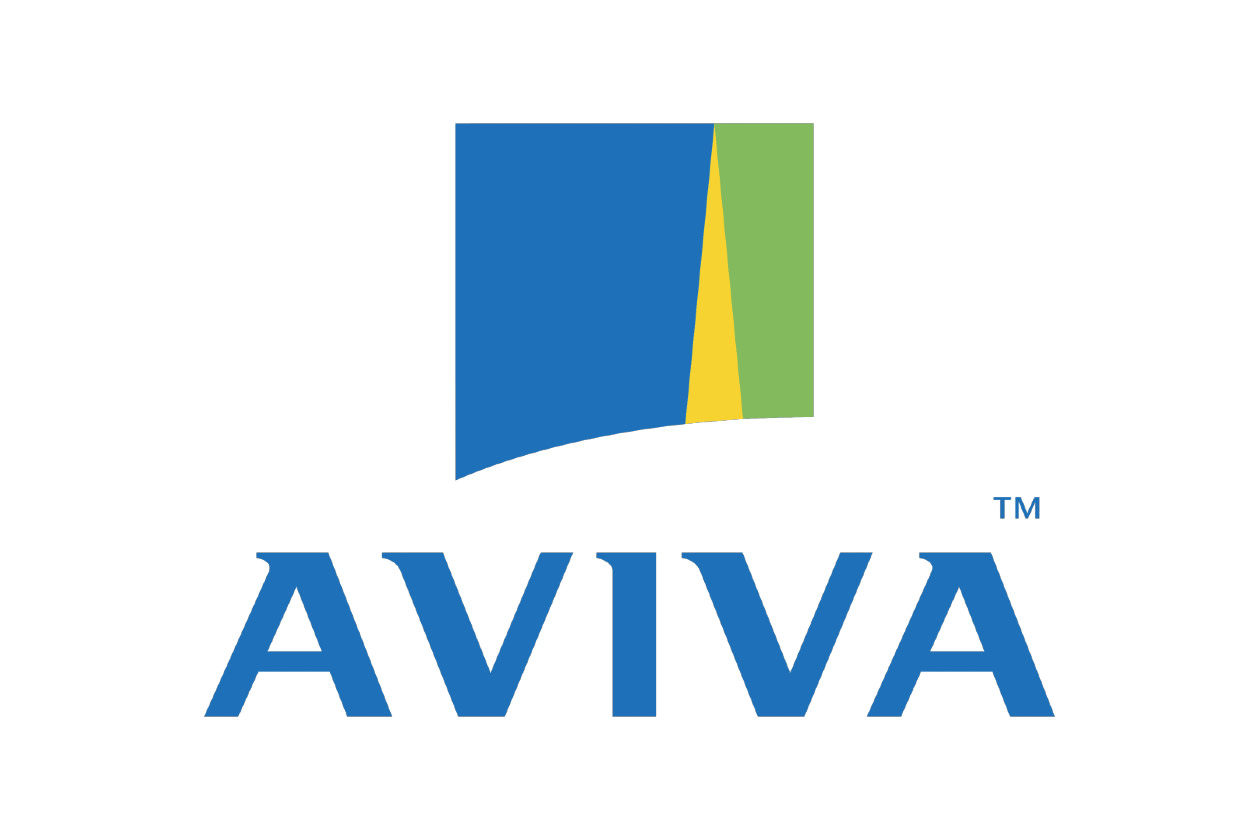Aviva’s full-year General Insurance gross written premiums (GWP) increased 14%, excluding exchange rate effects, to £12.2bn. Operating profit rose 20% to £1.8bn (£1.7bn expected).
Growth was driven by strong performances in the UK & Ireland and Canada, with solid pricing, new business growth, and the Probitas acquisition boosting results. Protection sales surged 42%, driven by the AIG UK acquisition and double-digit Health growth. Retirement sales climbed 33%, supported by a record £7.8bn in Bulk Purchase Annuity transactions.
The Solvency II ratio, which measures capital strength against requirements, slipped to 203% from 207%.
The board announced a final dividend of 23.8p, lifting the total dividend by 7% to 35.7p.
The group is targeting operating profit of £2bn by 2026, with the dividend policy set for mid-single-digit growth.
The shares rose 2.3% in early trading.
Our view
Aviva’s ticking along nicely, with growth in 2024 coming across all its key markets and some well targeted acquisitions helping reduce the reliance on capital intensive business.
Aviva brings insurance, wealth, and retirement under one roof and the planned acquisition of Direct Line will bolster its market-leading positions in key areas like UK motor and home insurance. The deal terms require a decent chunk of cash so Aviva will tap its strong capital levels, and it’ll mean no buybacks for 2025, but we think the deal looks a good long-term move.
General insurance in the UK & Ireland saw more challenging conditions for parts of last year, but we’ve seen a sustained improvement over 2024. Higher prices are continuing to benefit key areas like motor and home insurance. It takes some time for these price hikes to feed through, but the benefits are starting to be felt. There’s still some work to be done in the Canadian business, but management is confident it’ll follow suit as we move into 2025.
Aviva's bulk annuity business (BPA), where it takes on final salary commitments from pension funds, has grown rapidly. The focus continues to be on finding the right new business rather than pushing for market share. These contracts feed significant quantities of new assets into the business, which Aviva Investors can manage - increasing scale and profitability.
Being a huge workplace pension provider is the logic behind increasing its presence in the wealth management market. Plans are also underway to expand the advisory offering which will help increase exposure to capital light businesses. Performance this year has been impressive, but it’s a tough market, so it's one to watch.
The retirement products sit alongside Aviva’s protection business (this includes products such as life assurance and income protection policies). And this year’s acquisition of AIG Life UK saw protection sales soar. This also houses the Health business which has been a benefactor of increased demand for private health insurance – a trend we see continuing.
Aviva is a diversified player with fingers in basically all the pies. The insurance business is starting to benefit from an improving market, momentum in the wealth management division continues to be impressive, and Aviva’s capitalising on the resurgence of activity in the bulk annuity market.
We like the mix, and with a strong balance sheet, the 7.2% prospective forward yield looks attractive. However, there are no guarantees, and there’s more pressure to deliver than there’s been for some time, increasing the risk of ups and downs.
Environmental, social and governance (ESG) risk
The financials sector is medium-risk in terms of ESG. Product governance is the largest risk for most companies, especially those in the US and Europe with enhanced regulatory scrutiny. Data privacy and security are also an increasingly important risk for banks and diversified financial firms. Business ethics, ESG integration and labour relations are also worth monitoring.
According to Sustainalytics, Aviva’s overall management of material ESG issues is strong.
Aviva values ESG management and focuses on transparency around key issues. The company actively addresses physical climate risks, data privacy, security, and sustainable finance. Aviva aims to boost sustainable investments by 2025 and integrates ESG factors into its investment strategies. The absence of customer satisfaction targets in FY2022 is a potential area for improvement.
An independent Non-Executive director of Hargreaves Lansdown plc is also an Independent Non-Executive Director of Aviva plc.
Aviva key facts
All ratios are sourced from LSEG Datastream, based on previous day’s closing values. Please remember yields are variable and not a reliable indicator of future income. Keep in mind key figures shouldn’t be looked at on their own – it’s important to understand the big picture.
This article is not advice or a recommendation to buy, sell or hold any investment.No view is given on the present or future value or price of any investment, and investors should form their own view on any proposed investment.This article has not been prepared in accordance with legal requirements designed to promote the independence of investment research and is considered a marketing communication.Non - independent research is not subject to FCA rules prohibiting dealing ahead of research, however HL has put controls in place(including dealing restrictions, physical and information barriers) to manage potential conflicts of interest presented by such dealing.Please see our full non - independent research disclosure for more information.


